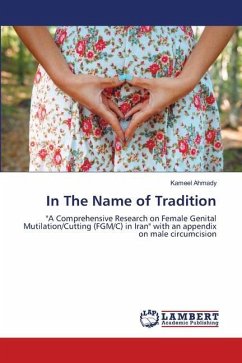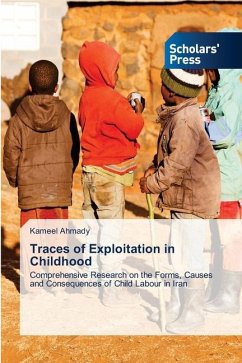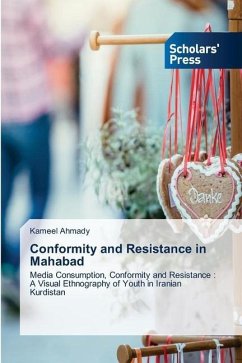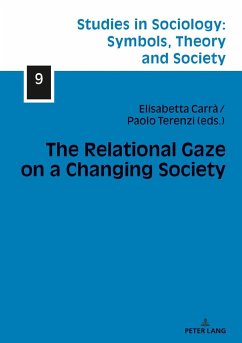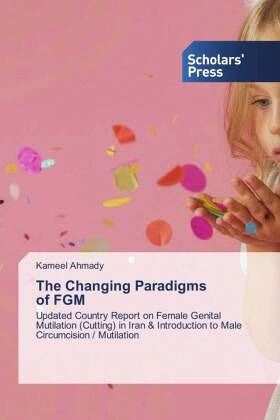
The Changing Paradigms of FGM
Updated Country Report on Female Genital Mutilation (Cutting) in Iran & Introduction to Male Circumcision / Mutilation
Versandkostenfrei!
Versandfertig in 6-10 Tagen
34,99 €
inkl. MwSt.

PAYBACK Punkte
17 °P sammeln!
This is an updated research study on FGM in Iran. A deep-rooted tradition, the practice has prevailed in parts of four main provinces: West Azerbaijan, Kurdistan, Kermanshah, and Hormozgan. In all areas where limited anti-cutting and awareness-raising programs ran, the ritual has been declining, albeit at widely differing velocities. Interventions took place during one decade of longitudinal research. The pilot study investigated the importance of anti-FGM training on eliminating the practice in the four districts with the highest rates of women's 'circumcision'. Though harmful customs are dif...
This is an updated research study on FGM in Iran. A deep-rooted tradition, the practice has prevailed in parts of four main provinces: West Azerbaijan, Kurdistan, Kermanshah, and Hormozgan. In all areas where limited anti-cutting and awareness-raising programs ran, the ritual has been declining, albeit at widely differing velocities. Interventions took place during one decade of longitudinal research. The pilot study investigated the importance of anti-FGM training on eliminating the practice in the four districts with the highest rates of women's 'circumcision'. Though harmful customs are difficult to challenge in a traditional society such as Iran's, this study found that where pilot programs were offered to village residents and local practitioners, the practice has begun to wane.



